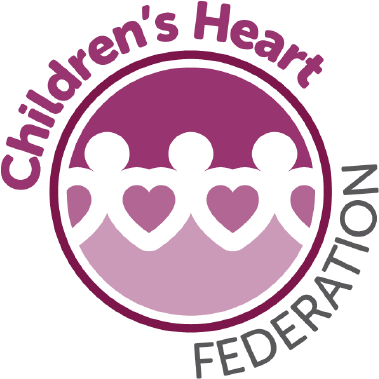Why are survival rates after children's heart surgery monitored and published?
 In the 1990s, problems were found with the standard of care for children having heart surgery at the Bristol
Royal Infirmary. The proportion of children who died after surgery at Bristol was much higher than other UK
hospitals. There was a formal inquiry into what happened (The Bristol Inquiry 2001), which led to a number of changes, including a new compulsory national reporting
system. Since 2007, the proportions of children surviving to 30 days after heart surgery
for most types of operations have been published every year. The overall survival rates
after children’s heart surgery for each hospital have been published since 2013. When there is some, or strong, evidence that chances of
survival at a hospital were lower than expected, the results are
checked further by the hospital and the national audit body (NCHDA).
In the 1990s, problems were found with the standard of care for children having heart surgery at the Bristol
Royal Infirmary. The proportion of children who died after surgery at Bristol was much higher than other UK
hospitals. There was a formal inquiry into what happened (The Bristol Inquiry 2001), which led to a number of changes, including a new compulsory national reporting
system. Since 2007, the proportions of children surviving to 30 days after heart surgery
for most types of operations have been published every year. The overall survival rates
after children’s heart surgery for each hospital have been published since 2013. When there is some, or strong, evidence that chances of
survival at a hospital were lower than expected, the results are
checked further by the hospital and the national audit body (NCHDA).
The UK and Ireland now have one of the strongest monitoring programmes in the world. Since reporting started, survival rates have been improving and now over 97% of children survive to at least one month after surgery.
- Survival rate
- The percentage of operations where the child survived at least 30 days after their operation.





